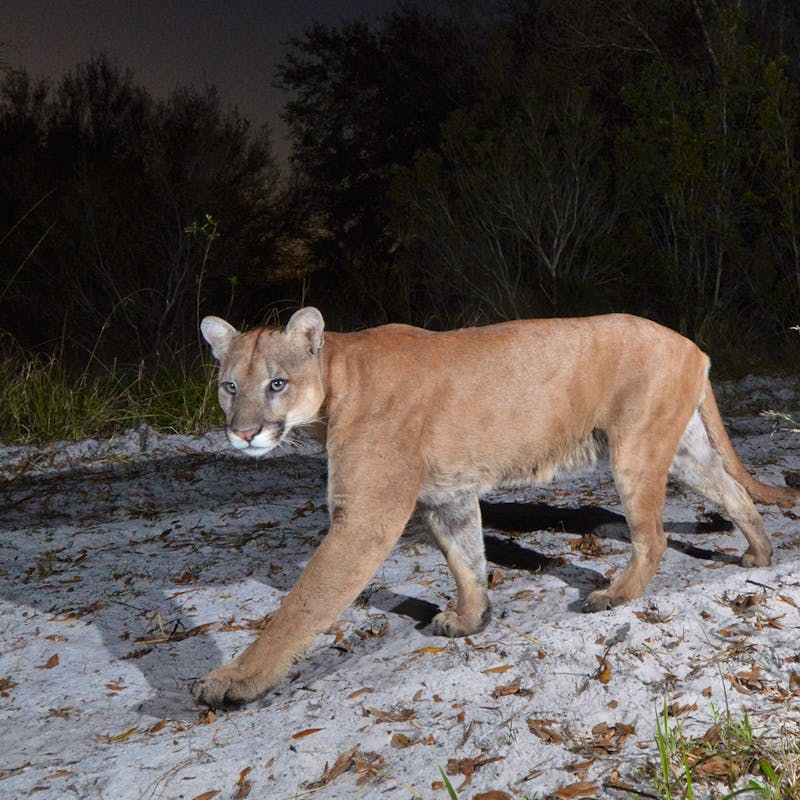It’s been 22 years since the world watched one of the worst environmental disasters of our time unfold in Alaska’s Prince William Sound. But the tragedy still isn’t over – tens of thousands of gallons of oil from that disaster still linger just below the surface of Prince William Sound’s beaches.
And in a cruel twist of irony, just this week two more oil crises have occurred, in the Gulf of Mexico and the South Atlantic Ocean. In the Gulf, efforts to permanently plug a hurricane-damaged well resulted in the release of crude oil into Gulf waters for several hours. The Coast Guard is now investigating reports of a five-mile oil slick off of Lousiana’s Grand Isle.
In the South Atlantic, more than 800 tons of fuel oil has leaked from a freighter that ran aground on Nightingale Island, part of the Tristan da Cunha archipelago. The most remote inhabited island group in the world (1,700 miles from South Africa), the archipelago teems with biodiversity. About 200,000 penguins call the islands home, including nearly half of the world’s population of the endangered northern rockhopper penguins. New York Times reports that 20,000 penguins have already been oiled.
“Drilling in the Arctic puts a pristine marine environment at risk of long-term, and even permanent, damage. Unless we use the tragic lessons of past oil spill disasters to inform our policy decisions going forward, we will see the same tragedy played out on a different stage.”
These spills join the Deepwater Horizon catastrophe in the Gulf of Mexico last year and last month’s spill in Norway’s Arctic waters. But despite this disastrous track record, the oil industry is pushing to drill in Alaska’s Arctic waters without the technology or know-how to clean up an oil spill in the Arctic’s extreme, icy conditions.
Defenders’ Richard Charter said, “Toxic oil continues to poison the rocky beaches of Prince William Sound 22 years after the Valdez spill. In Arctic waters, where cleanup technology doesn’t even exist yet, recovering from a similar disaster could take a century. Drilling in the Arctic puts a pristine marine environment at risk of long-term, and even permanent, damage. Unless we use the tragic lessons of past oil spill disasters to inform our policy decisions going forward, we will see the same tragedy played out on a different stage.”





